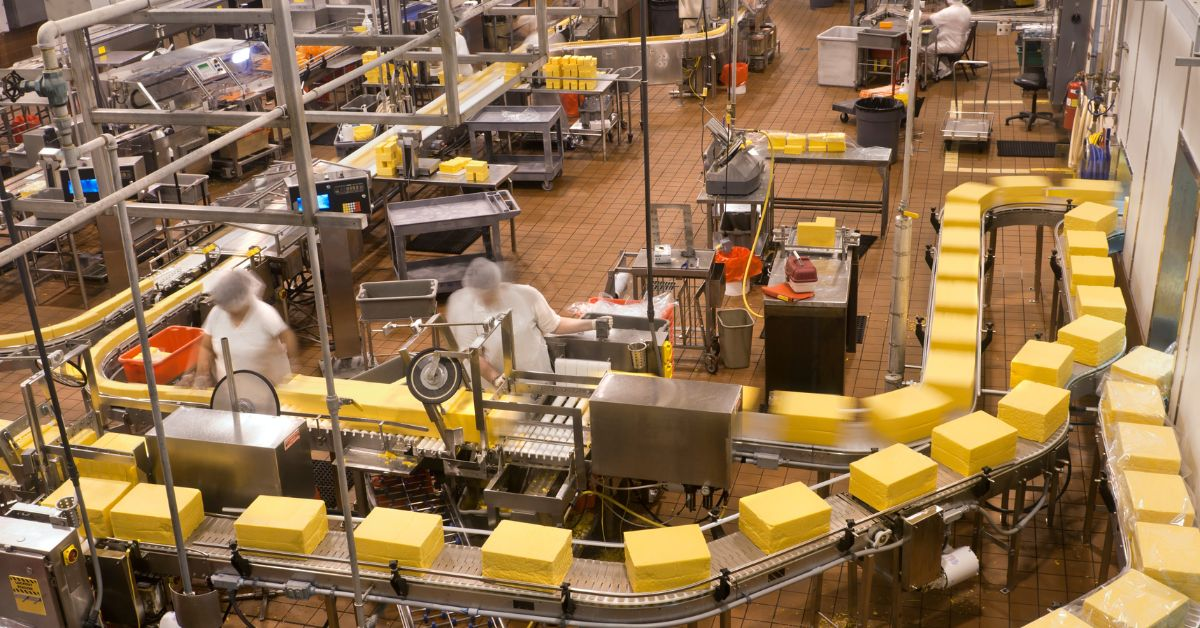
The Food Safety Modernization Act (FSMA) is a comprehensive regulatory framework in the United States which was signed into law in 2011 and made sweeping changes to laws governing food safety. The goal was to shift from reacting to food safety problems to implementing rules to prevent them from occurring. FSMA requires food growers, manufacturers, processors, and importers to have preventive controls in place in order to avoid food-borne illnesses.
Some of the ways the FSMA addresses food safety issues are by requiring a risk-based inspection schedule as well as third-party laboratory testing. The regulation enacted farm-to-table responsibility for food growers, producers, and processors. The rules strengthen the precautions throughout the production chain by requiring measures such as a detailed Food Safety Plan, hazard analysis, and corrective actions to remove contaminated food from the market. The FMSA also made it possible to require third-party certification for high-risk operations. These are businesses that deal with inherently high-risk foods and have a poor history of compliance with safety measures.
COMPLYING WITH THE FSMA
In order to meet requirements for FSMA, there are steps each food business must take. Maintaining compliance allows business and their partners to reduce risk and retain their supplier verification. Failure to meet any requirements can result in a variety of penalties by the FDA which vary by the severity of violation.
Prepare a Written Food Safety Plan
As mandated by the FSMA’s Preventive Controls for Human Food Rule, each company must have at least one Preventive Control Qualified Individual (PCQI). This person must receive approved training on how to meet the expectations of the FSMA. The PCQI is responsible for creating a Food Safety Plan, which will describe and document the steps taken to comply with the FSMA. The plan analyzes hazards and preventive controls in place to address them. Your Food Safety Plan must be available upon request of a representative of the FDA.
Training
Each employee should be aware of the Food Safety Plan and their role in implementing it. Ensuring that those responsible for developing and enacting the plan are fully trained and qualified is an important step in remaining in compliance.
Monitor
Keep track of how effective the preventive controls are and any failures that may arise. Monitoring food safety should not be left to only react to incidents. Monitoring allows companies to remain proactive about processes and controls.
Corrective Action Procedures
Have procedures in place to address failures and rectify the weaknesses in the system that allowed them. Enact steps to prevent food from entering the market that is unsafe, misbranded, or can’t be demonstrated to be unadulterated.
Verify
Periodically reanalyze and document the effectiveness of the plan and any corrective action that has or should be taken. Maintain records for at least two years.
Reanalyze
Your Food Safety Plan must be reanalyzed every three years or before that time if significant changes occur. Some of these changes are: a change in how the facility operates that could introduce or increase hazards, when you discover new information about hazards associated with the food, after an unanticipated problem with food safety, or the food safety plan has failed in some way.
HOW ImEPIK CAN HELP
At ImEPIK our mission is to provide the best in online training for the food manufacturing industry. Through our interactive, project-based learning programs we equip employees and food manufacturing and processing businesses to be successful in enacting food safety regulations and best practices. Our competency-based assessment ensures that employees can be confident in their food safety knowledge.
For more information on how we can help you meet FSMA or other food safety requirements, contact ImEPIK today.







